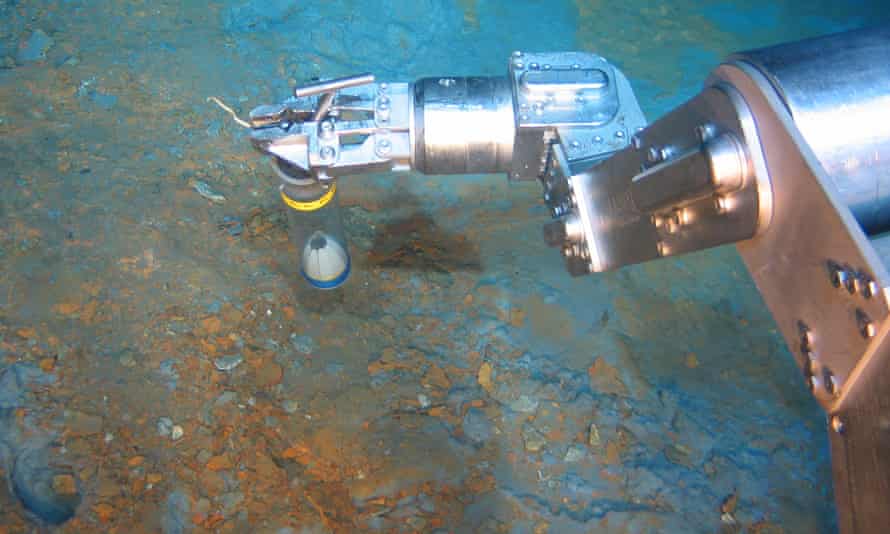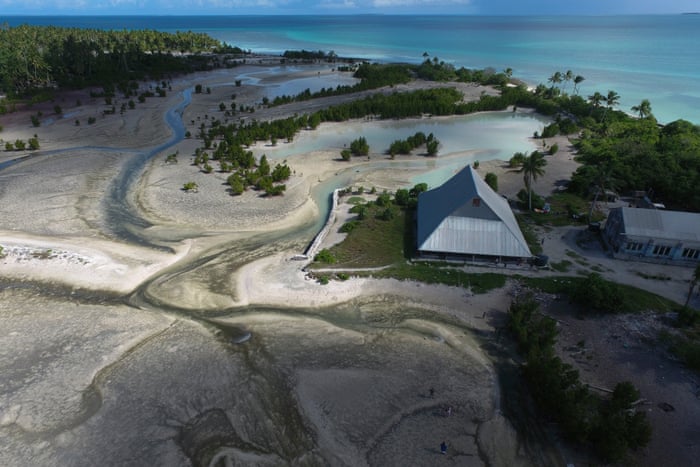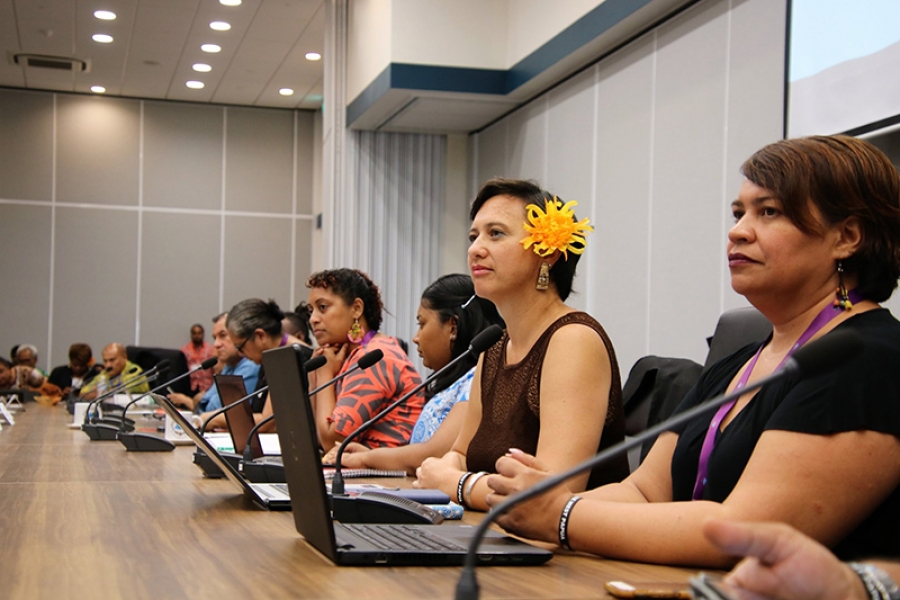




Category Archives: Uncategorized
False Creek Field Trip Reflection
I paused for a brief moment, taking in my surroundings. I moved my soggy backpack to the other shoulder and shifted my aching feet. With rosy cheeks I couldn’t help but grin in the presence of the rich British Columbian nature and my fellow classmates. I realized in this moment how grateful I was to be out in the field, amidst a pandemic that has kept me within the confines of my house for almost one year now. I was attending the Ocean Conservation UBC field trip, where we explored False Creek with oceanic experts and learned valuable information about a place I had no idea was so complex.
For me, the most memorable part of the field trip was talking to Fraser Macdonald, a sustainable fisherman based out of Vancouver. He was incredibly knowledgeable about fisheries and was able to break things down in a way that even I, someone who has virtually no prior knowledge in fishery management, could easily understand! I enjoyed hearing his experiences out on the water – how he’s out on his boat for months at a time and how his hooks often snag plastic bags in the ocean rather than fish. I’ve really only seen fishing practices from TV shows I’ve watched (one of my favourite’s was an Australian beach town show) and this was my first chance to see it in person. We’ve been learning lots about fisheries in class and hearing him talk helped concrete this information for me. Before this, I thought all you needed was a boat, a crew and gear and you were all set to start up a fishing company. I was blown away when Fraser told us the cost of a fishing license in BC (in the millions of dollars), and that you either need to have a fishing family, an investor or win the lottery to start one up! I loved learning from him about how 2.6 billion people worldwide rely on fish protein, and how he will be the first person in North America to offer fish vacuum sealed in compostable packaging (pretty awesome!). While he was talking to us on the dock, I saw two eagles, many Canadian geese, some squawking seagulls, and a friendly seal. Additionally, two volunteers from the stream keeper came and talked with us for a little while about herring spawn. This was really cool because then Mark talked a bit about how herring fisheries are a controversial topic in BC right now. Now, I am planning to go see if I can observe the herring spawn later this week!
Another interesting thing I learned today, was about how oil spills from small boats and industrial waste are a much bigger concern along the coast than large oil spills. This really stood out to me as I am used to seeing imagery of big oil spills with birds covered in grease, and although this is a huge problem, it can overshadow the more common and insidious threat of minor oil spills from smaller boats. And this makes sense to me, because seeing the sheer number of boats docked out in False Creek, if these boats aren’t properly maintained, this could add up quickly!
When we visited Habitat Island, I was thrilled to learn about the remediation efforts along False Creek. We talked with Mark Adams, the biologist who helped design the island. A lot of the things that Mark was saying, reminded me of my time on a city working group for coastline protection. My working group had a lot of perspectives: coastline engineers, ecologists, biologists, Parks staff, City staff, and citizens, all working on one project. It was great that everybody had their input, but it was also slow at times, and not a lot got done – but one thing that I learned from it was everyone had to compromise. Mark mentioned how he had to compromise a lot of the things that he wanted on Habitat Island, to align with what the parks board wanted. During the presentation he expressed dislike for specific features, like the large boulder path, that the city had installed. I found this interesting, because even a project as magnificent as this one, was not perfect. This is something that I will take with me in my career, because making big changes will inevitably take compromise.
Today’s field trip made me hopeful for my future career. I often find myself stressing about what I can do after my biology degree, and usually hear people only talking about academia or medicine. Hearing about Mark and Fraser’s careers made me realize that not every career path in science is totally linear, and that there are way more possibilities than I previously thought! I would love for someday to design something like Habitat Island or do any type of habitat remediation!
And the last thing that I enjoyed about this field trip was seeing my classmates and instructors in person! I was anxious about it at first, since I haven’t had a ton of in-person social interaction lately, but this was such a great opportunity to make connections with everybody! When I told my friends, I was going on a field trip, they were super jealous, because this is such a rare opportunity in classes right now. For a lot of my classes I feel less attached to them, compared to when they were in person, but this class I feel super invested in and look forward to every lecture.
Some questions I would love to explore further:
- How is the MSC certification beneficial to small fisheries? (prestige? more profit? Etc)
- Fraser mentioned how stringent the certifications are to get MSC certified. Does this dissuade some fisheries from making small improvements towards sustainability, since either way their fishery would still not meet the stringent guidelines of MSC?
- How do policies need to change so that we can better upkeep places like Habitat Island, instead of forgetting about it after 5 years or so?
Getting to know the Sammy the Chinook Salmon
This is an autobiographical story of Sammy the Chinook Salmon. I talk about salmon biology and ecology, threats they faces, current conservation status, possible remedies, what you can do! I made it using Videoscribe, an animation software – check it out!
Tweeting about the legislation of Canadian Oceans
Canada has the world’s longest coastline and that means all the more ocean to legislate. Last year, the updated Canada’s ocean act allowed for more protection of at risk marine ecosystem. A good step forward for (all 3 of) Canada’s oceans #oceansact pic.twitter.com/YRnzC2l0r1
— Lauren Gill (@LaurenG1ll) February 4, 2021
Haiku about the Legal Framework of the Ocean

Victoria’s Wastewater Treatment Plant: And why it matters








Are we in too deep? The Controversial Future of Deep-Sea Mining
Humans have sent 12 people to the moon, but only 3 people to the deep ocean – it’s a mystery to us – yet we already have a plan to destroy it. Deep-sea mining in the Pacific Ocean, aims to extract metals like iron, cadmium and cobalt from deposits on the seafloor at depths exceeding 200 meters. This technique has the potential to be more lucrative than mining on land, and has become an intriguing prospect for many Pacific island nations like Kiribati (3.4° S, 168.7° W) and the Cook islands (21.2° S, 159.8° W). The deep ocean is largely uncharted territory, both in its scientific research and its regulations, but from what we know of the ocean, it is evident that it is under significant environmental stress. Introducing sediment displacement, noise, vibration, light pollution, and general disturbance of seafloor ecosystems and species via seabed mining, may have effects that confound upon other ocean problems and create unintended consequences.

A machine taking sediment samples as part of deep-sea mining operations off the Papua New Guinea coast. Source: Nautilus Minerals
Why Countries are Willing to Take the Plunge
Despite the environmental concerns, deep-sea mining has the potential to be very lucrative for Pacific countries. In fact, the current global pandemic has emphasized the need for sources of revenue besides tourism. Additionally, most Pacific island nations are critically threatened with rising oceans, with an urgent goal to maintain the existence of their home. On Kiribati, where half of the households have already been affected by sea level rise, infrastructure like artificial islands or coastal fortification has been proposed to keep the country from disappearing. Climate resiliency infrastructure is not cheap, and developing countries have the chance to earn revenue from deep-sea mining. For these countries, choosing between mining a patch of sea floor or saving your homeland, suggests an obvious answer.

Sea level rise in Tebunginako village, Kiribati: salt water floods plant-growing areas and renders the soil unable to sustain even coconut trees. Source: The Guardian
Additionally, others argue that deep-sea mining will have minimal impacts on fishing and may provide rare metals that are crucial to the technology for ‘clean energy’. A 2019 report even showed that seabed mining is better for the planet than on land mining.
Not Rock Solid: The Future of the Deep Sea
Due to the immense potential benefits for island countries, deep-sea mining in the Pacific Ocean may inevitably become a reality. It is important to remember that much of the opposition to this practice comes from high income countries, that in most cases have contributed their own share of environmental destruction to the globe, and in turn have enjoyed the benefits of booming economies.
A report by the Deep Sea Mining campaign released in 2019, described the Pacific deep sea as a ‘new wild west’ where mining companies are trying to act fast in order to take advantage of the lack of regulatory framework around deep-sea mining.

Pacific Forum leaders meeting in 2019, where 10 year moratorium of seabed mining was put into effect. Source: Te Ipukarea Society
Right now, the urgent matter is to create regulations and guidelines to ensure best practices for deep-sea mining are followed and minimize future environmental destruction. The Pacific civil societies, have requested a 10 year moratorium from seabed mining, from 2021 to 2030, to allow time for more research to be done on deep-sea ecosystems. With more research on the consequences of deep-sea mining on ecosystems, species and seafloor topography, we will be better informed in how to conserve and govern our oceans. After all, we can’t protect what we don’t know.
References
Blades, Johnny. 2020. “Cook Islands Govt Defends Taking Plunge on Deepsea Mining.” RNZ Pacific Journal. https://www.rnz.co.nz/international/pacific-news/429915/cook-islands-govt-defends-taking-plunge-on-deepsea-mining (January 31, 2021).
Dateline Pacific. 2020. “Seabed Mining Debate Stirs Again in the Pacific.” RNZ Pacific Journal. https://www.rnz.co.nz/international/programmes/datelinepacific/audio/2018750501/seabed-mining-debate-stirs-again-in-the-pacific (January 31, 2021).
Davidson, H., and B. Doherty. 2017. “Troubled Papua New Guinea Deep-Sea Mine Faces Environmental Challenge.” The Guardian: 4–7. https://www.theguardian.com/world/2017/dec/12/troubled-papua-new-guinea-deep-sea-mine-faces-environmental-challenge (January 31, 2021).
Doherty, Ben. 2019. “Collapse of PNG Deep-Sea Mining Venture Sparks Calls for Moratorium | Papua New Guinea.” The Guardian. https://www.theguardian.com/world/2019/sep/16/collapse-of-png-deep-sea-mining-venture-sparks-calls-for-moratorium (January 31, 2021).
Kershner, Kate. 2015. “Do We Really Know More about Space than the Deep Ocean?” How stuff works: Science. https://science.howstuffworks.com/environmental/earth/oceanography/deep-ocean-exploration.htm (January 31, 2021).
Lodge, Michael. 2019. “Mining Watch Canada | Deep Sea Mining Campaign | London Mining Network.” London Mining Network.
Oakes, Robert, A. Milan, and Jillian Campbell. 2016. “Kiribati: Climate Change and Migration – Relationships between Household Vulnerability, Human Mobility and Climate Change. Report No. 20.” Qualitative Research Methods in Human Geography (20): 106–15.
Paulikas, Daina et al. 2019. Where Should Metals for the Green Transition Come from? Comparing Environmental, Social, and Economic Impacts of Supplying Base Metals from Land Ores and Seafloor Polymetallic Nodules. https://3421n927z6wq3ktzng37wbqk-wpengine.netdna-ssl.com/wp-content/uploads/2020/04/LCA-White-Paper_Where-Should-Metals-for-the-Green-Transition-Come-From_FINAL_low-res.pdf (January 31, 2021).
“TIS: Ten-Year Break on Seabed Mining to Help Science – Cook Islands News.” 2019. Cook Island News. https://www.cookislandsnews.com/environment/tis-ten-year-break-on-seabed-mining-to-help-science/ (January 31, 2021).
Tong, Anote. 2021. “Opinion: On Deep-Sea Mining, Climate Change, and the Guidelines Needed to Ensure Ocean Sustainability.” Devex. https://www.devex.com/news/opinion-on-deep-sea-mining-climate-change-and-the-guidelines-needed-to-ensure-ocean-sustainability-98586 (January 31, 2021).